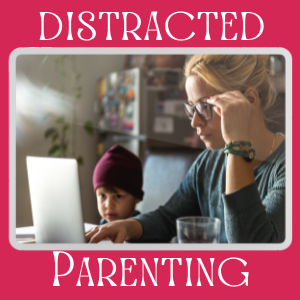 What is Childhood Apraxia of Speech ( CAS)?
What is Childhood Apraxia of Speech ( CAS)?
Deborah A. Chalifoux, MA, CCC-SLP
Apraxia is a motor speech disorder that makes it hard to speak. The cause of Apraxia is unknown. If a child has apraxia of speech, it can take a lot of work for them to learn to say sounds and words better. Speech-Language pathologists or SLP’s can help!
There are muscles in the mouth and jaw that are used to make sounds. Messages that tell these muscles how and when to move need to go from your brain to your mouth in order for speech to occur. In some children, the messages do not get through correctly. Although their muscles are not weak, the child might not be able to move their lips or tongue in the right ways. This is because the brain is having difficulty coordinating the appropriate speech muscles. As a result, these children have problems saying sounds, syllables, and words, and sometimes might not be able to say much at all. When this occurs, a child is said to be experiencing “Apraxia of Speech”, or “Childhood Apraxia of Speech” (CAS).
Signs and Symptoms
- does not always say words the same way every time;
- tends to put the stress on the wrong syllable or word;
- distorts or changes sounds;
- or say shorter words more clearly than longer words

Children with CAS may have other problems, including:
- difficulty with fine motor skills;
- delayed language; or
- problems with reading, spelling, and writing.
Seeing a Professional
If you are concerned that your child may have CAS, consult your local school district’s office of special services, or find an ASHA certified-SLP in your area on the American Speech Language Hearing Association (ASHA) website: www.asha.org/profind. A certified-SLP who has knowledge and experience with CAS can conduct a full evaluation of your child’s speech and language. He or she can diagnose CAS and rule out other speech disorders. If you suspect CAS, you should also consult with your pediatrician, who can check for any medical problems. In addition, it is also important to have your child’s hearing checked by an audiologist, as a child with a hearing loss may have more trouble learning to talk.
Benefits of Speech Therapy
CAS is sometimes called “developmental apraxia.” Even though the word “developmental” is used, CAS is not a problem that children outgrow. A child with CAS will not learn speech sounds in typical order and will not make progress without treatment. If your child is diagnosed with CAS, an speech therapy treatment plan can be made with your SLP. It can take a lot of work, but with the appropriate treatment, a child’s speech can improve!
Other Resources
The above information was taken from the ASHA website. To read ASHA’s full article on CAS, please visit: www.asha.org/public/speech/disorders/childhood-apraxia-of-speech/
Additional websites with info on CAS are:
www.nidcd.nih.gov/health/apraxia-speech
–Deborah A. Chalifoux, MA, CCC-SLP



